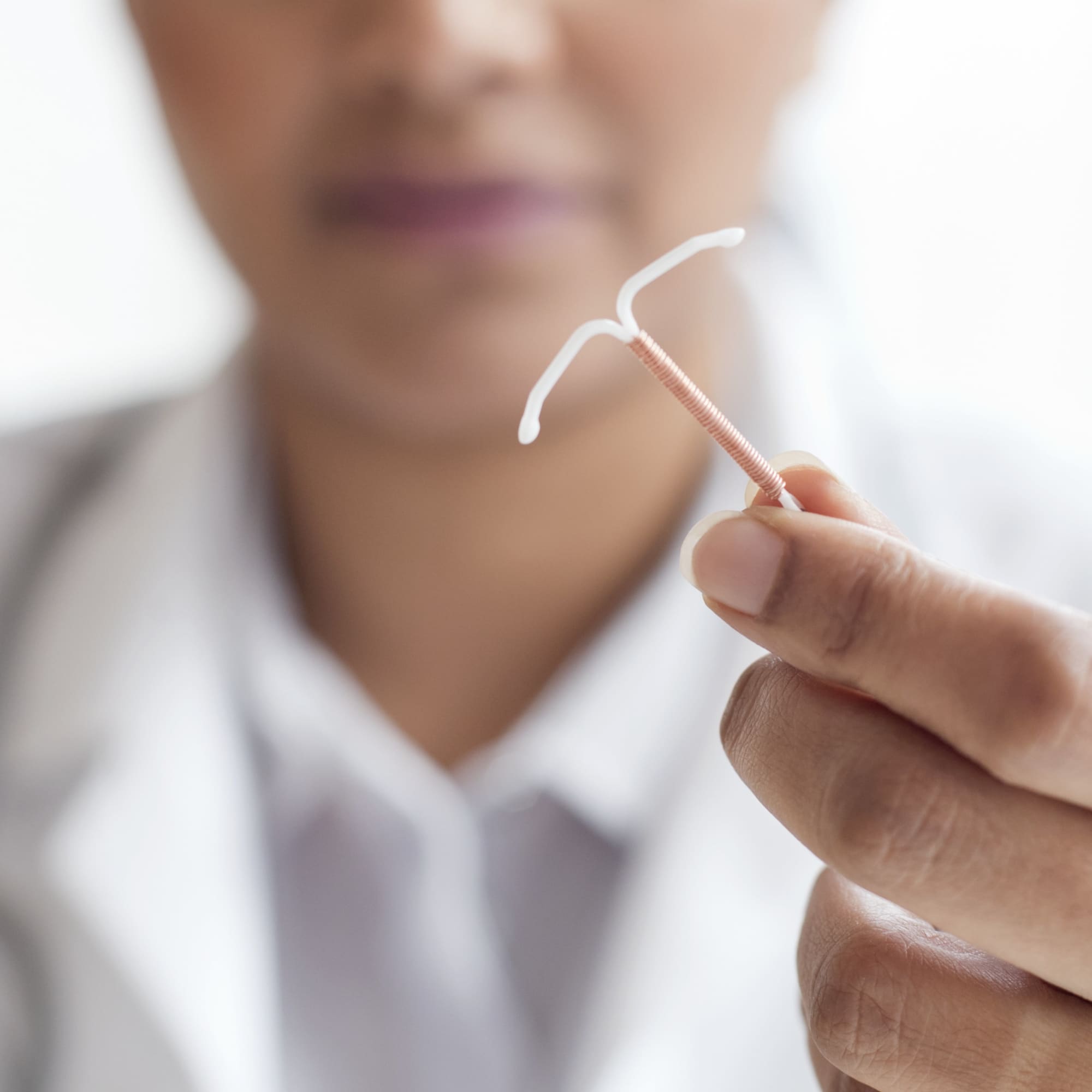
- POPSUGAR Australia
- Fitness
- If You Have Endometriosis, Consider These 3 Types of Birth Control to Help Alleviate Pain
If You Have Endometriosis, Consider These 3 Types of Birth Control to Help Alleviate Pain

An estimated 200 million people worldwide have endometriosis, and it’s considered “a major cause of pain and infertility,” said Jessica Shepherd, MD, an ob-gyn and chief medical officer of Verywell Health. One way to treat this disease is via medication, including birth control, but not just any contraceptive will do. We talked to Dr. Shepherd about what kinds of birth control can help with endometriosis and how, plus why you should still talk to your doctor before you make your final decision.
How Does Birth Control Help With Endometriosis?
First, some background. Endometriosis occurs when endometrium, or the tissue that lines the inside of the uterus or womb, is present outside of the uterus, typically within the pelvis or abdomen. These growths are called endometriotic implants, which doctors locate via a minimally invasive procedure called a laparoscopy in order to diagnose the disease.
Endometriosis is an estrogen-dependent disease, Dr. Shepherd said; the hormone stimulates the endometriosis implants to grow and bleed, contributing to pelvic pain. Birth control, therefore, can help to “reduce menstrual flow and minimise the size and impact of endometriotic implants,” she explained. In addition to its effectiveness, birth control also has the advantage of being familiar and relatively easy to use, so patients are more likely to stick with it over alternative hormone treatments, Dr. Shepherd added.
What Types of Birth Control Work Best With Endometriosis?
Dr. Shepherd recommended either progestin-only birth control or combined oral contraceptives for use with endometriosis. For progestin-only options, she suggested the DMPA contraceptive injection, also known as Depo-Provera or “the shot”; or a levonorgestrel (LNG)-releasing IUD, also known as a hormonal IUD, such as Mirena, Kyleena, Liletta, and Skyla. You can also go with the combination pill, an oral contraceptive that includes both estrogen and progestin (as opposed to just estrogen).
You’re looking for your birth control to provide prolonged pain relief, prevent the endometriosis from progressing, and help you avoid recurrence if you’ve had surgery for endometriosis (another treatment option), Dr. Shepherd said. But along with this, you and your doctor will consider your body’s the specific needs and the potential side effects from the birth control you choose. That’s why a conversation with your ob-gyn is crucial before making your choice. “There are types of birth control that can impact some differently than others,” Dr. Shepherd said. “It is important to discuss the different varieties with your doctor to determine which ones would work best.”


